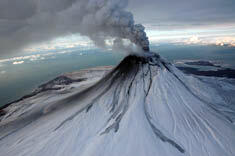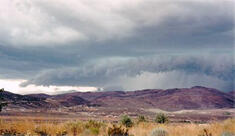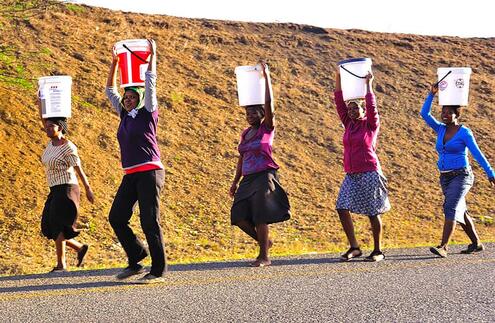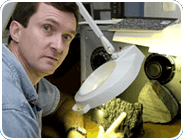Hello Megan,
Your question is a good one. We often hear from the news media that there is not enough fresh, potable drinking water for all people on Earth , and that the number of people on Earth is increasing rapidly. So it might appear that our planet may one day run out of water. Fortunately, that is not the case.




 Biodiversity
Biodiversity
 Brain
Brain
 Genetics
Genetics
 Marine BiOLogy
Marine BiOLogy
 MicrobiOLogy
MicrobiOLogy
 PaleontOLogy
PaleontOLogy
 ZoOLogy
ZoOLogy
 AnthropOLogy
AnthropOLogy
 ArchaeOLogy
ArchaeOLogy
 Astronomy
Astronomy
 Climate Change
Climate Change
 Earth
Earth
 Physics
Physics
 Water
Water





